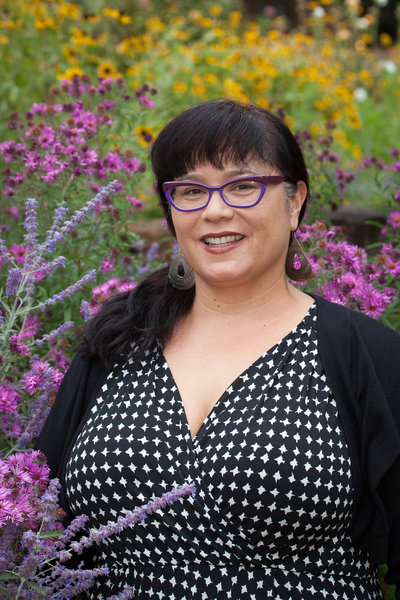
Maylei Blackwell
Anne Ray Resident Scholar
This project illuminates the complex, cross border and transnational dialogues among indigenous women activists that are reshaping indigenous demands for autonomy in Mexico, within international policy arenas and within the migrant stream to the US. Based on collaborative research Blackwell conducted while accompanying indigenous women activists in Mexico, the US and in continental networks over the past sixteen years, the methodology includes ethnography, nearly forty oral histories and community-based digital storytelling projects. Her research is grounded in the ways activists weave in and between scales of organizing and explores the rich zones between local, national, transnational and cross border activism as vital spaces to indigenous women organizers who are often marginalized in the politics of each scale of organizing.
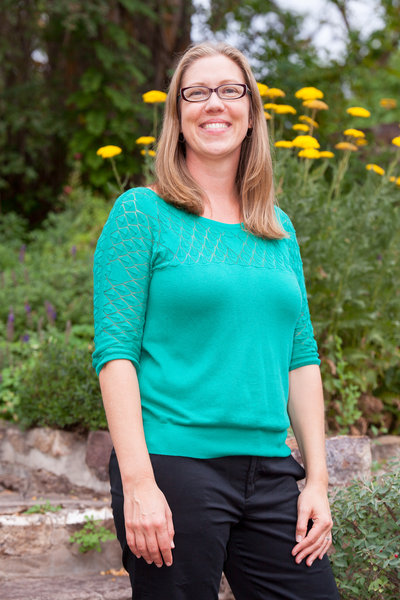
Karin Friederic
Campbell Resident Scholar
With this fellowship, Friederic will synthesize lessons from thirteen years of ethnographic research and engaged activism on gender, violence, development, and human rights in rural Ecuador. Her book manuscript, tentatively entitled The Violence of Human Rights: Intimate Partnerships, Gender Violence, and Social Change in Rural Ecuador, argues that gender violence interventions based exclusively on rights-awareness and education are inadequate and sometimes unwittingly insert “liberated” women into much larger dynamics of structural violence. Instead, she argues, interventions should approach violence as embedded in broader concerns about health, community well-being, development, and changing norms of masculinity and femininity.
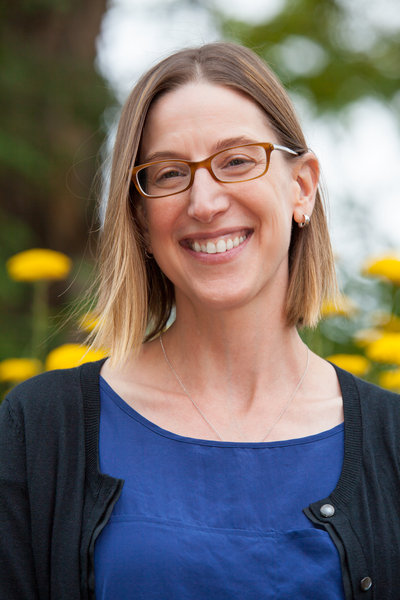
Karen Hébert
Weatherhead Resident Scholar
In discussions from conservation to climate change, Alaska is often cast as especially valuable and vulnerable. It is thus a prime site for examining how emergent visions of an environment at risk shape struggles over sustainability. What expressions of identity, authority, and action do resource development contests framed in terms of environmental risk allow, foreclose, or contribute to creating? Such questions are particularly charged in rural coastal communities, where the environment is not simply the subject of abstract claims to value or vulnerability but also the stuff of everyday interaction. This comparative ethnographic research project studies exchanges among residents, scientists, activists, and government officials in two different coastal Alaska regions, each embroiled in respective conflicts over mining and logging.
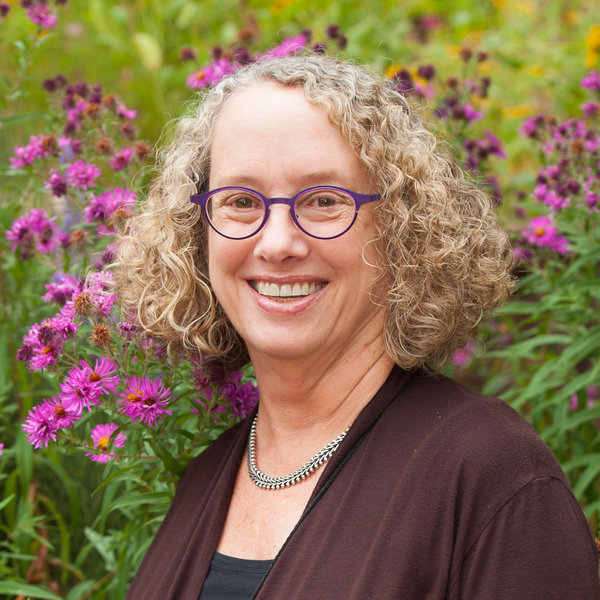
Susan McKinnon
Weatherhead Resident Scholar
Between the 1850s and 1920s, cousin marriage was transformed from an emotionally resonant, culturally validated, and economically productive institution in the US to one seen as repugnant, medically dangerous, and economically backward. My study considers how—in the absence of genetics and germ theory—nineteenth-century scientific understandings of temperaments, heredity, disease, animal husbandry, and statistics shaped the debate about the prohibition of cousin marriage.
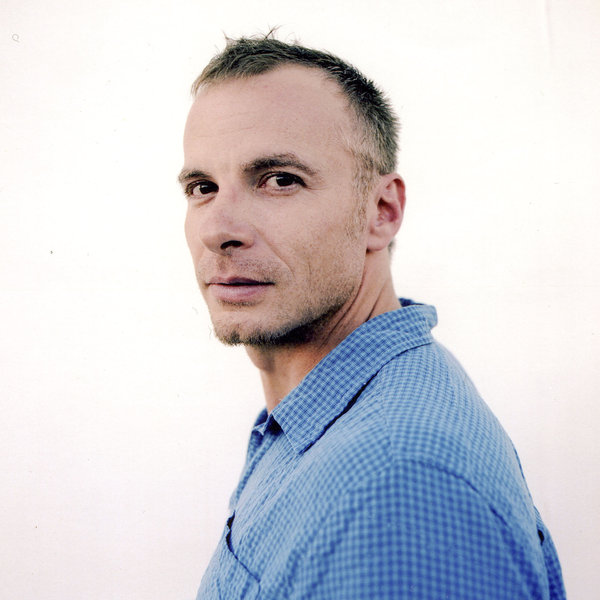
David Treuer
Katrin H. Lamon Resident Scholar
This book project is intended as a counter-narrative to Bury My Heart at Wounded Knee. It begins where Dee Brown left off—in 1891—and brings the story of the American Indian up to the present with the opposite thesis in tow: rather than the end of Indian life (as Brown contends) 1891 was a low point (perhaps the lowest) from which we have risen. Treuer argues that the years 1890 – 2010 were witness to a much more fundamental struggle for Indians than the preceding 350 years, and rather than disappearing, the civilizations and cultures of American Indians have experienced tremendous growth and rebirth.